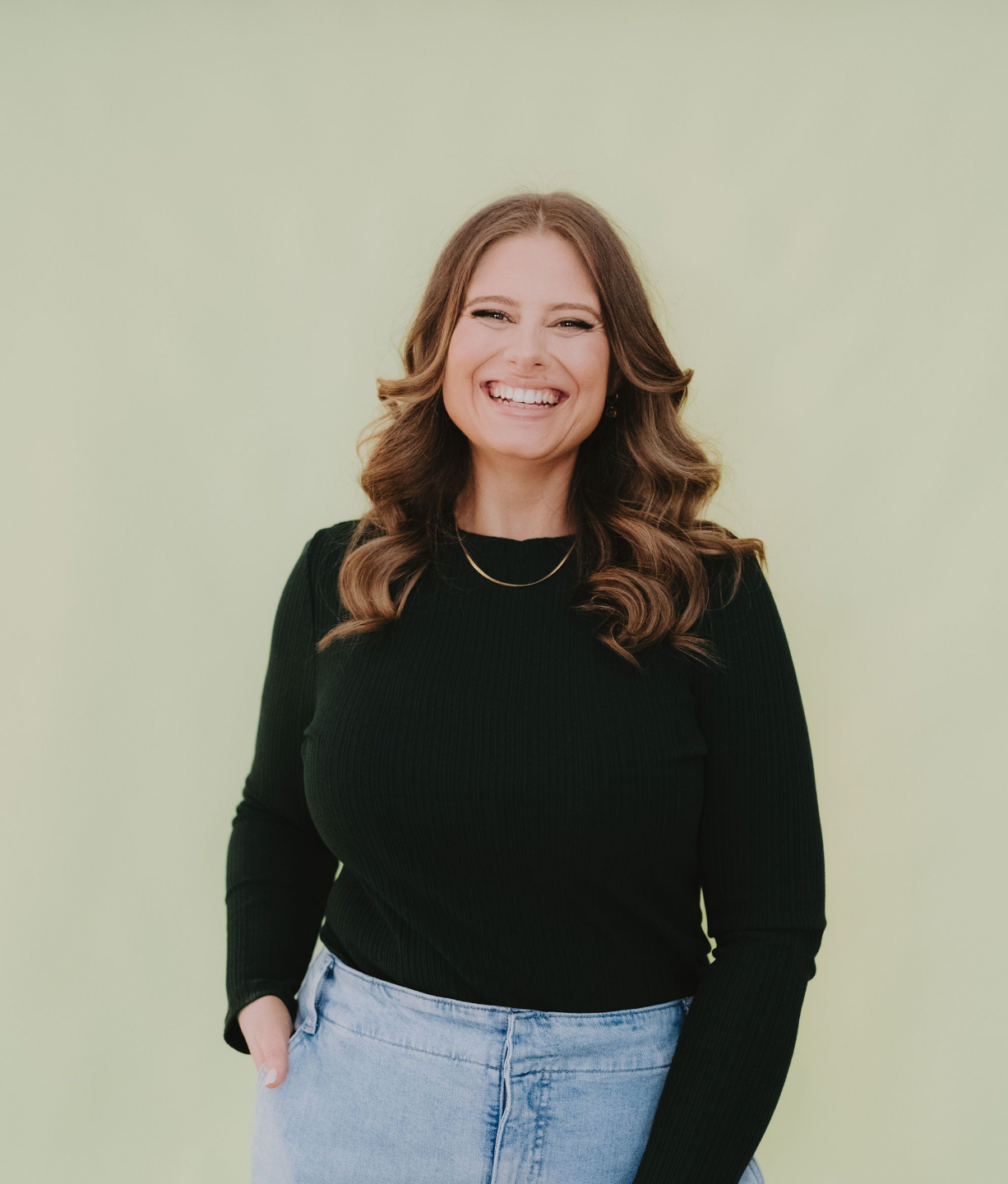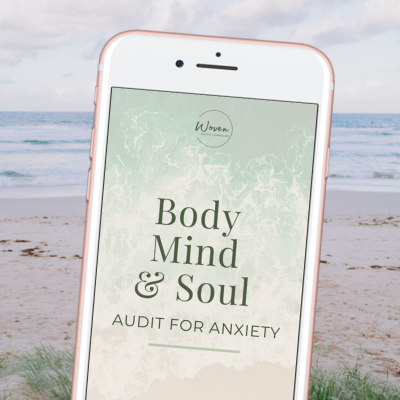
Choosing Compassion Over Cancel Culture
I don’t believe in cancel culture.
Cancel culture has become a powerful force in today’s world. The concept is simple: someone makes a mistake, and the world collectively decides they deserve to be shamed, boycotted and ultimately erased from relevance.
When we use compassion and discernment, we grow together. Cancel culture is the exact opposite. It takes away the opportunities for people to learn and grow!
Think about your own worst moments—the ones that still fill you with gut-wrenching shame. Maybe you said the wrong thing, hurt someone unintentionally, or made a decision that you regret deeply. Chances are, you didn’t act out of malice. It was more likely that you acted out of a need to deflect, protect yourself, cover something up or avoid being seen as having done something wrong. These actions often come from a lack of resources, maturity, or emotional tools to handle things better at the time.
Now, imagine being judged solely by that moment for the rest of your life — no chance to apologise, learn, or prove you’ve changed. That’s what cancel culture does. When we cancel someone, even a public figure, we remove their opportunity to genuinely grow from the experience.
I often wonder if those who are quick to cancel others are reflecting their internal world — quick to judge, shame, and push away anything uncomfortable, imperfect, or that doesn’t measure up. Perhaps they themselves could benefit from learning how to hold their own difficult experiences with compassion and openness, allowing space for personal growth.
Why Restorative Justice Holds the Answer
This need for compassion and accountability in how we handle mistakes isn’t just a personal belief — it’s also something I studied.
Here’s something you probably don’t know about me: I studied at law school before I changed to psychology!
During my law studies, I felt really uncomfortable with the punitive nature of many legal systems. I found myself questioning the focus on punishment, isolation, and shame.
However, I was fascinated by the concept of restorative justice. Unlike traditional punitive systems, restorative justice invites those involved in harm — both victims and offenders — to come together to mediate, restore and grow from the experience, rather than just punishing the perpetrator.
Eventually, I realised I wanted to work in a field that focused on healing and growth rather than punishment. That’s why I transitioned to psychology. I wanted to support people in developing the tools they need to move forward after mistakes, rather than seeing them stuck in cycles of shame, punishment and segregation.
Of course, there’s no perfect system that keeps people safe right now. There is no one set of values that everyone aligns with. But that’s exactly why it’s even more important to choose compassion and openness when things don’t align with our values.
Creating Compassionate Change
So, what does this all mean for us as a society? It means holding space for people to make mistakes without immediately condemning them. It means pairing accountability with empathy, offering opportunities for people to apologise, learn, and demonstrate growth.
This approach doesn’t excuse harmful actions. It’s about making real, lasting change possible. It’s about shifting from shame-driven judgment to compassionate responsibility, instead of choosing to ‘cancel’ someone.
Let’s choose to create change through kindness and openness. Let’s create space for compassion – our wellbeing will be better off for it!
Need support to show yourself (and others!) compassion? Learn how I can help by clicking here.



